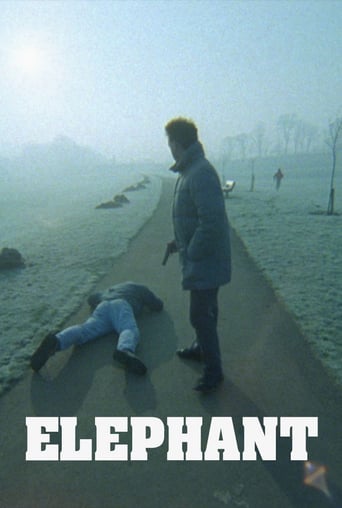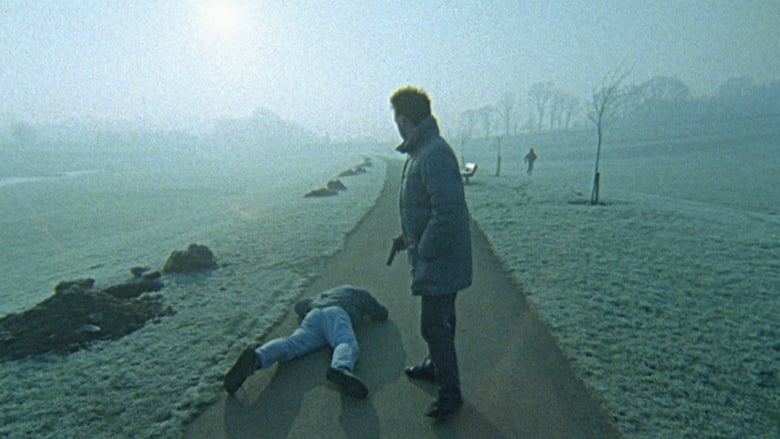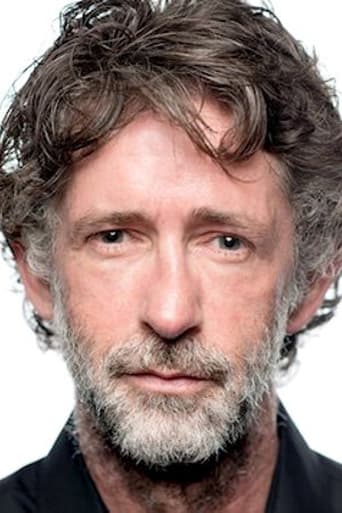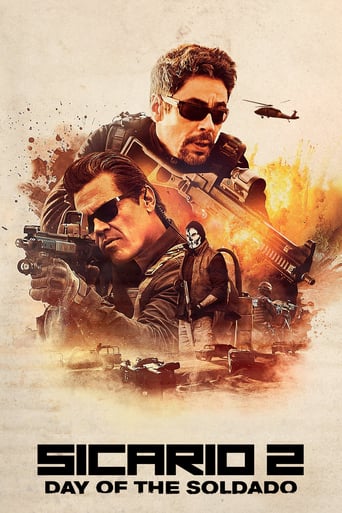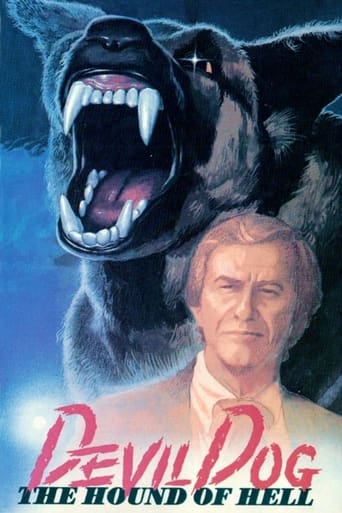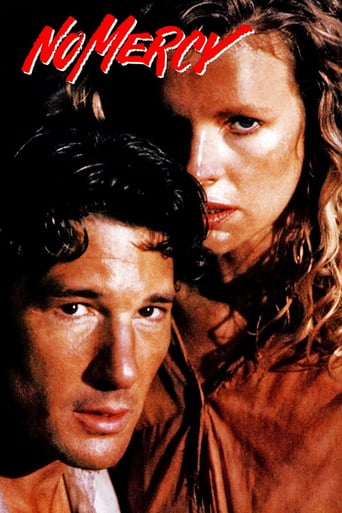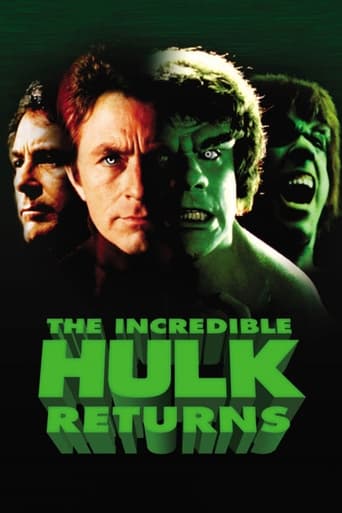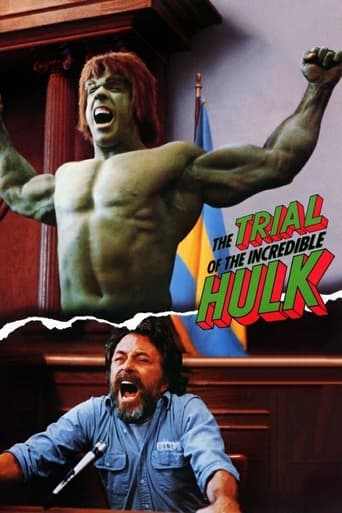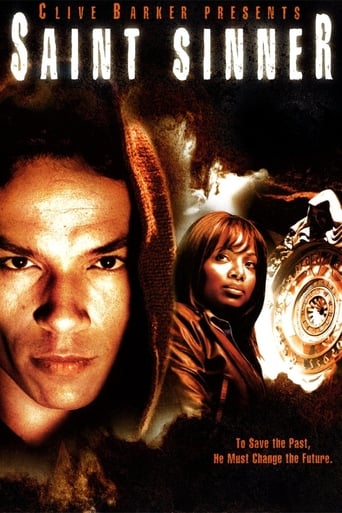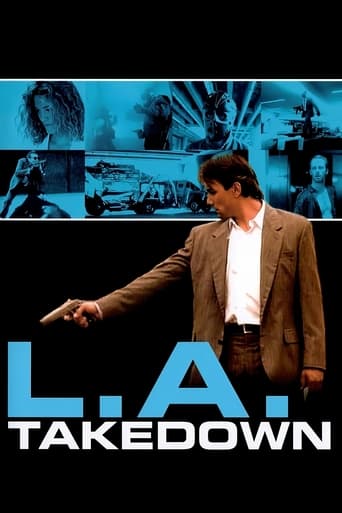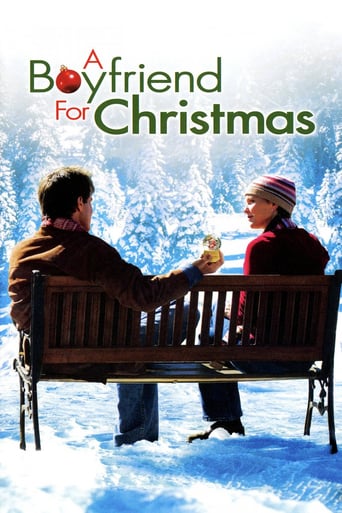Elephant (1989)
A depiction of a series of violent killings in Northern Ireland.
Watch Trailer
Cast
Similar titles
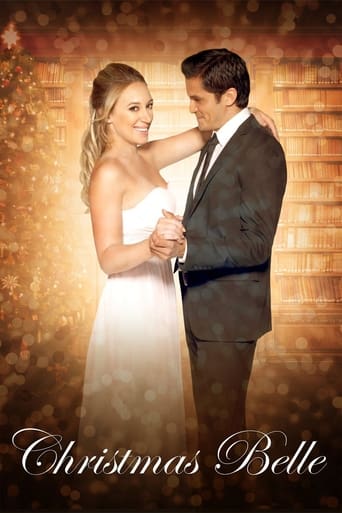
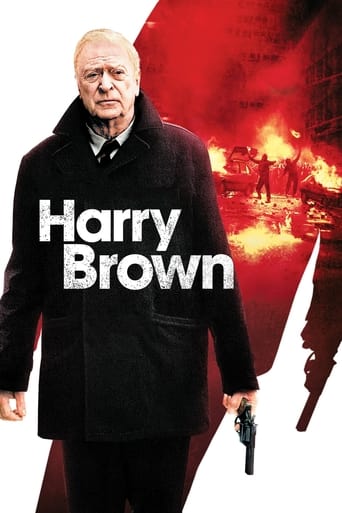
Reviews
How sad is this?
The plot isn't so bad, but the pace of storytelling is too slow which makes people bored. Certain moments are so obvious and unnecessary for the main plot. I would've fast-forwarded those moments if it was an online streaming. The ending looks like implying a sequel, not sure if this movie will get one
It’s not bad or unwatchable but despite the amplitude of the spectacle, the end result is underwhelming.
There are moments in this movie where the great movie it could've been peek out... They're fleeting, here, but they're worth savoring, and they happen often enough to make it worth your while.
Alan Clarke's "Elephant" consists of a series of long Steadicam shots, each dispassionately following either assassins or their targets, and each culminating with someone being gunned down in cold blood. The film forces us to witness 18 murders, contains virtually no dialogue, and maintains a dry, detached, documentarian tone throughout.The film's title refers to the many murders – elephants in the room which were routinely overlooked by the local media - which took place within Northern Ireland during "The Troubles", a roughly three decade long period in which Northern Ireland's Roman Catholic, nationalist community, were at odds with its Unionist Community, who identified themselves as being British. The film is designed to convey a certain inexorable feeling, that violence begets violence, that these killings are pointless, senseless, horrific, futile and directed against ordinary, innocent, working class people, but Clarke's removal of all historical context will baffle and mislead modern audiences, and the film – schematic and calculated – at times partakes in the same cruelty it abhors.If the film is simplistic, it does well (perhaps unintentionally), to banalize the violence it presents. By the 18th killing, you're no longer shocked, and are left instead with an overwhelming sense of frustration and futility. This captures not only the desensitisation of late 80s Northern Ireland, but the moment when desires arose for the pursuit of other solutions.The film hit 80s Britain like a bolt of lighting. Clarke, known for his social realism, had shocked before, but here his angry cry for peace was deemed particularly timely. Some semblance of peace was achieved four years later, with the 1994, First Ceasefire agreement.8/10 – Worth one viewing. The film would have a huge influence on Gus Van Sant's "Elephant".
Director Alan Clarke knew instinctively that to make a film about the sectarian violence in Northern Ireland, could be politically suicidal. The violence was still going on when this film was made in 1989, after all. This is why "Elephant", in my opinion, was a stroke of genius. It doesn't get bogged down trying to walk the fine line of being neutral on such an explosive issue and appearing downright biased. No film about Ireland's "Troubles" will satisfy both Protestant and Catholic. The seeds of this catastrophe began when the British government decided to partition Ireland Ireland in 1921. Though the population of Northern Ireland was both Catholic and Protestant, the Catholics were in the minority, and were outrageously discriminated against by a political machine that was heavily Protestant. That's not to say that the Catholic population were not also responsible for incidents of provocation. Violence erupted on the twin anniversary of the Battle of The Somme and The Easter Uprising: the government's response was to bring in troops from Britain to control the violence. Then, in 1972, a British Parachute regiment killed thirteen demonstrators during a civil rights march, forever after known as "Bloody Sunday." From then on, the frequency of the confrontations between Catholic and Protestant, escalated and grew in intensity - in one year alone, over 500 men, women, and children were killed due to what was basically "Religious", as it was about self-rule. In thirty years, an estimated 3523 people lost their lives. Alan Clarke's answer in making a film about the "Troubles", is "Elephant." It is not the definitive film about Northern Ireland, but it is a brave, and I think successful, attempt, that Alan Clarke should be praised rather than denigrated. They say an elephant never forgets. Once seen, you'll never forget this film. It's interesting that Gus Van Sant used the same title for his film about the random act of violence at Columbine High School. Incidentally, eighteen years after his death, a boxed set of the films Alan Clarke is best known for, includes "Scum" (both the TV and theatrical release), "The Firm", "Made In Britain", and "Elephant", is finally available.
I remember watching this when I was 15 years and living in the country south of Belfast, it caused a bit of a stir. So what! It was a well aligned look at the madness that was going' those days.The film was great, but will serve as a dirty birthmark on future generations.The colors of the print represent the dark-blue rainy place well, the angles are fresh, but a camera and a filter can't elude reality. The silence is in-line with the unfortunate soul who may get finished off in this film, or?For the future generations in Ulster I would burn this film.
I notice nobody actually from Northern Ireland seems to have commented on this... I grew up in Belfast through some of the worst of the troubles (and have been personally affected by the actions of both loyalist and republican terrorists) and I have to say that for me this film is pretty much it in a nutshell. The desensitising effect mentioned by some of the other comments is precisely what happens in real life; the fact that stuff blows up occasionally and every so often someone gets shot dead eventually starts to just become part of the scenery. I've lost count of the number of times I saw people walking through Belfast stop in their tracks for a second or two as a bomb was detonated nearby then just continue on their way. You learn to live with it, and that's the real horror, which I think is something Clarke portrays here with an extraordinary degree of empathy. Possibly some of it's because so many of the places in the film were so familiar to me but it really hit home in a way that no other film explicitly about Northern Ireland has ever done for me.
